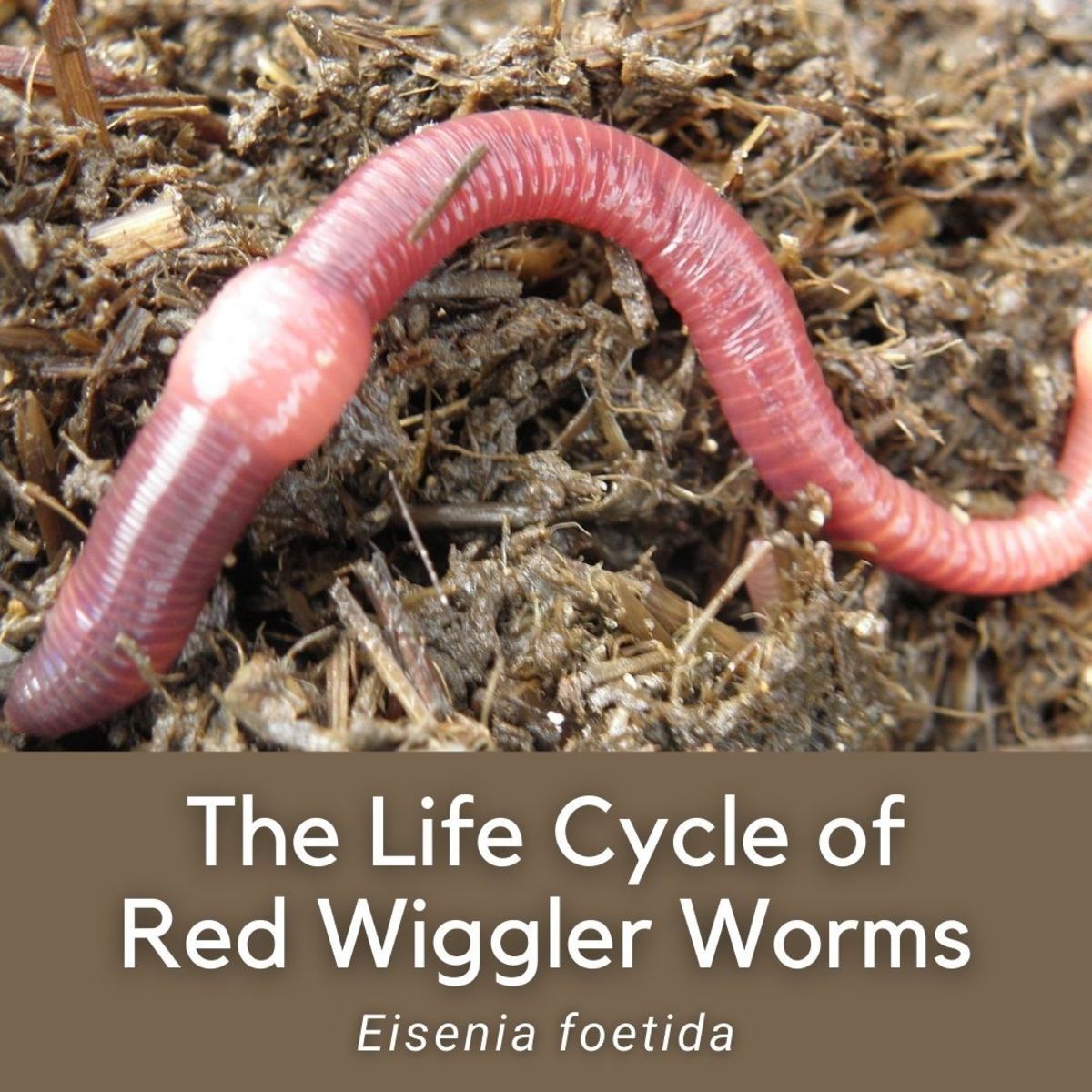Red Wiggler Worms - Vital for Healthy And Balanced and Efficient Gardens
Red Wiggler Worms - Vital for Healthy And Balanced and Efficient Gardens
Blog Article
Red Wiggler Worms Demystified: Unlocking the Tricks of Vermiculture for Greener Living and Nutrient-Rich Soil
In the world of sustainable methods for improving dirt top quality and promoting eco-conscious living, red wiggler worms play a critical yet typically forgotten function. These modest animals possess the amazing capacity to transform organic waste into nutrient-rich castings that function as a powerful all-natural plant food. By diving into the world of vermiculture, one can reveal a plethora of benefits that prolong far past typical composting approaches. Understanding the complexities of taking care of these worms, enhancing their environment, and harnessing their spreadings can result in a greener lifestyle and healthier soil for plants to thrive.
The Duty of Red Wiggler Worms
Red Wiggler worms play a crucial duty in composting systems by effectively breaking down raw material into nutrient-rich castings. These voracious eaters take in a selection of organic products, such as kitchen scraps, yard waste, and paper items. As they feed, the worms' digestion processes break down the raw material into a penalty, dark, and nutrient-dense material referred to as worm spreadings or vermicompost.
The spreadings generated by Red Wiggler worms are highly helpful for dirt health and plant development. They are rich in crucial nutrients like nitrogen, potassium, and phosphorus, which are important for supporting healthy and balanced plant advancement. Additionally, worm spreadings contain helpful germs and enzymes that assist boost soil framework, increase water retention, and enhance nutrient uptake by plants.
Benefits of Vermicomposting

It boosts dirt structure, boosts soil aeration, and increases soil moisture retention. Vermicompost additionally enriches the dirt with essential nutrients like phosphorus, potassium, and nitrogen, advertising plant development and overall dirt fertility.
In addition, vermicomposting assistances sustainable gardening practices by offering a chemical-free and natural option to synthetic fertilizers. Red Wiggler Worms. This eco pleasant technique not just enhances the soil but also helps lower reliance on unsafe chemicals, promoting a greener and a lot more lasting way of horticulture
Establishing a Worm Bin
When developing a worm bin for vermicomposting, proper arrangement is critical to make sure the success of the composting procedure. The first action in establishing a worm bin is picking an appropriate container. This can be a plastic container or wooden box that offers enough space for the worms to walk around and has appropriate drain openings to avoid waterlogging. Next off, a bedding product such as shredded paper, cardboard, or coconut coir ought to be try these out added to the bin. This bed linens supplies a comfy setting for the worms and helps maintain moisture levels.
After adding the bed linens, present the red wiggler worms to the bin. It is advised to begin with a handful of worms and slowly increase as they multiply. The worms must after that be given with food scraps such as vegetables and fruit peels, coffee grounds, and eggshells. It is vital to stay clear of including meat, dairy products, oily, or salty foods to prevent drawing in pests and developing undesirable odors.
Frequently keep track of the wetness degrees and temperature in the worm container to make sure optimum conditions for the worms. With correct arrangement and maintenance, the worm bin will properly transform organic waste right into nutrient-rich garden compost for your plants and garden.
Collecting Worm Castings
To efficiently accumulate nutrient-rich worm castings from your vermicomposting system, an organized harvesting approach is necessary. There are a couple of vital steps to follow to guarantee a successful process when it comes time to harvest the worm castings. To start with, stop adding fresh food scraps away of the worm bin for a number of weeks prior to harvesting. This encourages the worms to migrate to the side with fresh bed linens and food, making it much easier to dig the castings from the opposite.

Troubleshooting Common Issues
Identifying and attending to common challenges that may emerge throughout the vermicomposting process is essential for maintaining a effective and healthy worm bin. Adding excess food scraps can lead to an accumulation of moisture and acidity in the worm container, potentially damaging the worms. One more issue is undesirable odors originating from the worm bin.
Furthermore, if the worm population is decreasing or the worms appear harmful, maybe as a result of ecological stress factors such as severe temperature levels or pH degrees. Checking these factors and making required adjustments is essential for the well-being of the worms. By fixing these common issues immediately, vermicomposters can ensure a smooth and effective vermicomposting procedure while keeping a growing worm population.

Final Thought
In final thought, red wiggler worms play a vital duty in vermiculture by breaking down organic issue into nutrient-rich soil. Setting up a worm bin is essential for successful vermiculture, and collecting worm spreadings offers important compost for horticulture.
As they feed, the worms' digestive procedures damage down the organic issue into a fine, dark, and nutrient-dense product recognized as worm spreadings or vermicompost.
The castings created by Red Wiggler worms are highly useful for dirt health and wellness and plant development. Adding excess food Home Page scraps can lead to a buildup of wetness and level of acidity in the worm bin, possibly damaging the worms.Furthermore, if the worm population is decreasing or the worms show up undesirable, it could be due to environmental stressors such as extreme temperature levels or pH levels. Setting up a worm bin is essential for successful vermiculture, and harvesting worm castings provides important garden compost for gardening.
Report this page